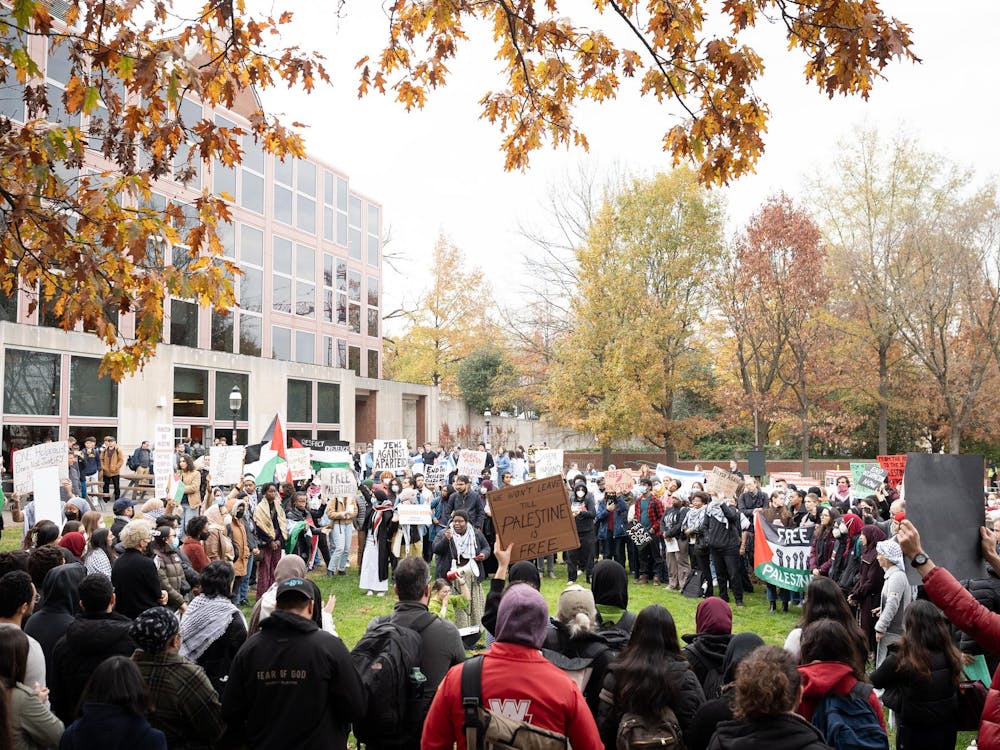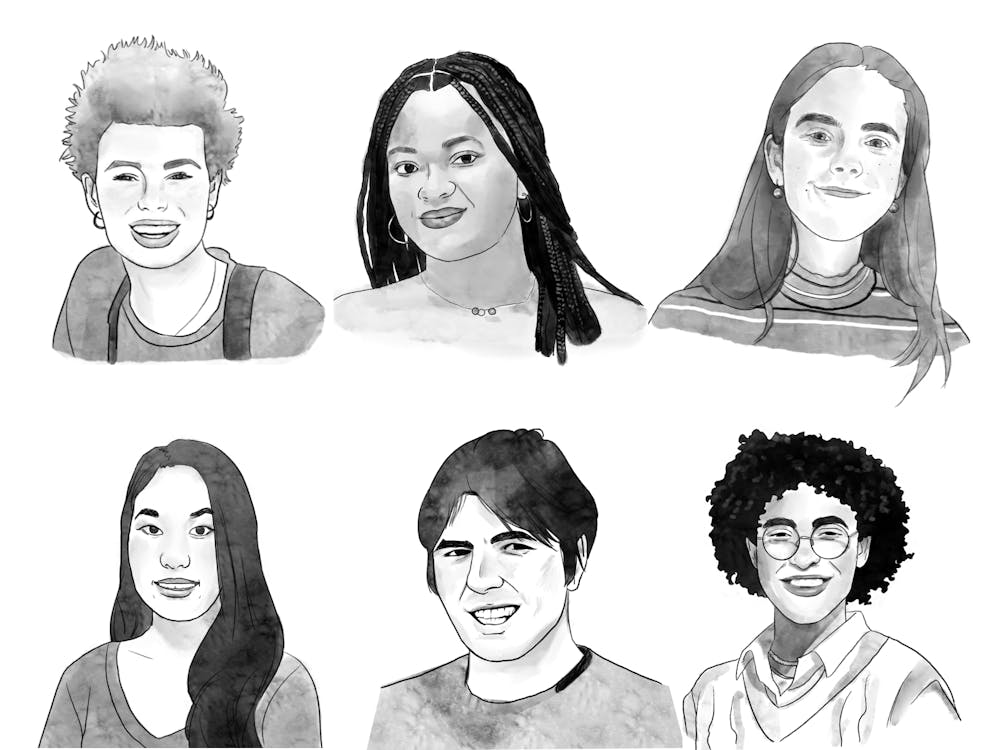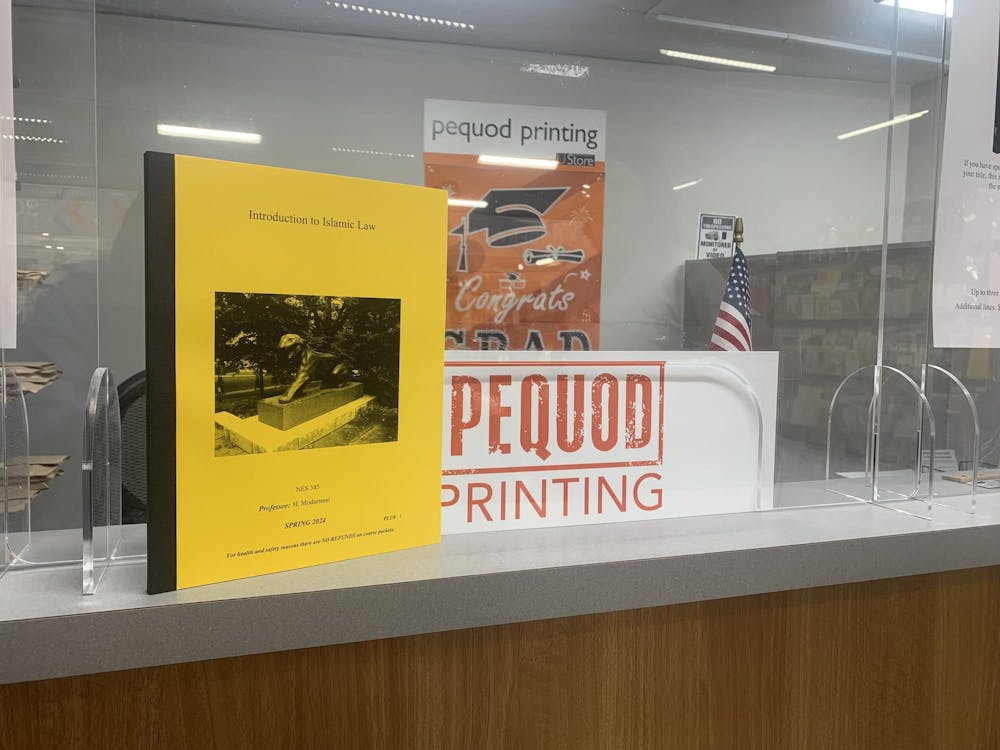I am a non-traditional student. I arrived at Princeton after two-and-a-half years of service in the Israel Defense Forces. During that time, I experienced a world in which there were no adults responsible for my well-being, but I was, rather, responsible for the well-being of other adults. Yes, I am legally allowed to buy and consume alcohol, and no, I do not abuse this right on a daily, or even weekly, basis.
I have been here for just over a month, but in this time I have met students from many places around the country and the world, with varying interests ranging from astrophysics to anthropology. Some students here have surprised me in their level of maturity, while others have reminded me of my 14-year-old self. Missing, however, are the people who have arrived at Princeton through non-traditional paths, who have chosen to take time off to explore the world or their own backyard, who have spent some time working as waiters, cooks, writers, coders, travelers, farmers or dreamers in “the real world.” The students I have met so far seem to know only one occupation. They are professional students — people who have dedicated their entire existence thus far to learning – but they seem to overlook the idea that learning can occur outside the traditional classroom.
Don’t get me wrong – I love the classic idea of learning. I’ve spent the past two years picturing 10 students around a sturdy oak table, discussing the ideas at the heart of human existence. And that is just what I’ve been doing every Monday afternoon for my freshman seminar in philosophy. Perhaps because of my anticipation, I am doubly excited about this opportunity. That “sturdy oak table” image has been brewing in my mind for long enough that I would never dare waste a single minute sitting around it. Princeton would benefit from supplementing its student body with more people who have ventured away from the classroom before immersing themselves in its intense curriculum. We are all here to learn not just from our (wonderful) professors, but from each other as well. Wouldn’t we be better at it if we came from more varied experiences than a wealth of AP tests and high school club presidencies?
It should be noted that Princeton has already initiated a response to this very issue. Every year, the Bridge Year Program sends up to 35 students to different countries around the world, where they gain experiences that are very different from those of a typical incoming Princeton freshman. But last I checked, there were 1,300 students in the incoming class, which means that among Princeton freshmen, the likelihood of encountering those with non-traditional backgrounds is still pretty slim.
I imagine a classroom in which students are just as likely to have come from a year of working on an organic farm as they are to have come from belonging to their school’s sustainability club; students who have worked in Silicon Valley for a couple years alongside first-time coders; students who have spent enough time being responsible for paying rent, cooking meals and holding a job to truly know the value of the Princeton privilege.
The idea of being non-traditional is inherently difficult because it implies uniqueness. As humans, we crave resemblance between our peers and ourselves. We search for a critical mass of people who share our experience, who have been in our shoes and have engaged with the same ideas and conventions. Our comfort zone is always populated by those similar to us, but true learning, as we are constantly reminded — occurs outside of this zone.
There aren’t many other IDF veterans on campus, or even many older freshmen, so I am distinctly different. This has caused me to feel lonely at times, but it has also afforded me the opportunity to have eye-opening conversations with people who had never considered the idea of dedicating a portion of their lives to serving their country. What kind of learning would be afforded if our conversation partners had come to Princeton after founding and running a company? Or if they had spent a few months working for a political campaign they believed in? If they had traveled across a continent? I believe our ideas of our place in the world and our ability to engage with culture in a critical way would grow immensely.
I do not mean to encourage a society in which all young people enlist in an army or throw caution to the wind and buy a plane ticket to a distant country of their choice. But I do believe that varying backgrounds will enhance the lives of Princeton students both by contextualizing the Princeton experience of the non-traditional student and by affording the traditional student the opportunity to have meaningful conversations with people who are not fresh off the high school conveyer belt. At the very least, our student body would more aptly reflect the kind of diversity that exists outside of the Orange Bubble. The case for the non-traditional student, then, is the case for the adventurous learner, the critical thinker and the inclusive society.
Iris Samuels is a freshman from Zichron Yakov, Israel. She can be reached at isamuels@princeton.edu.









